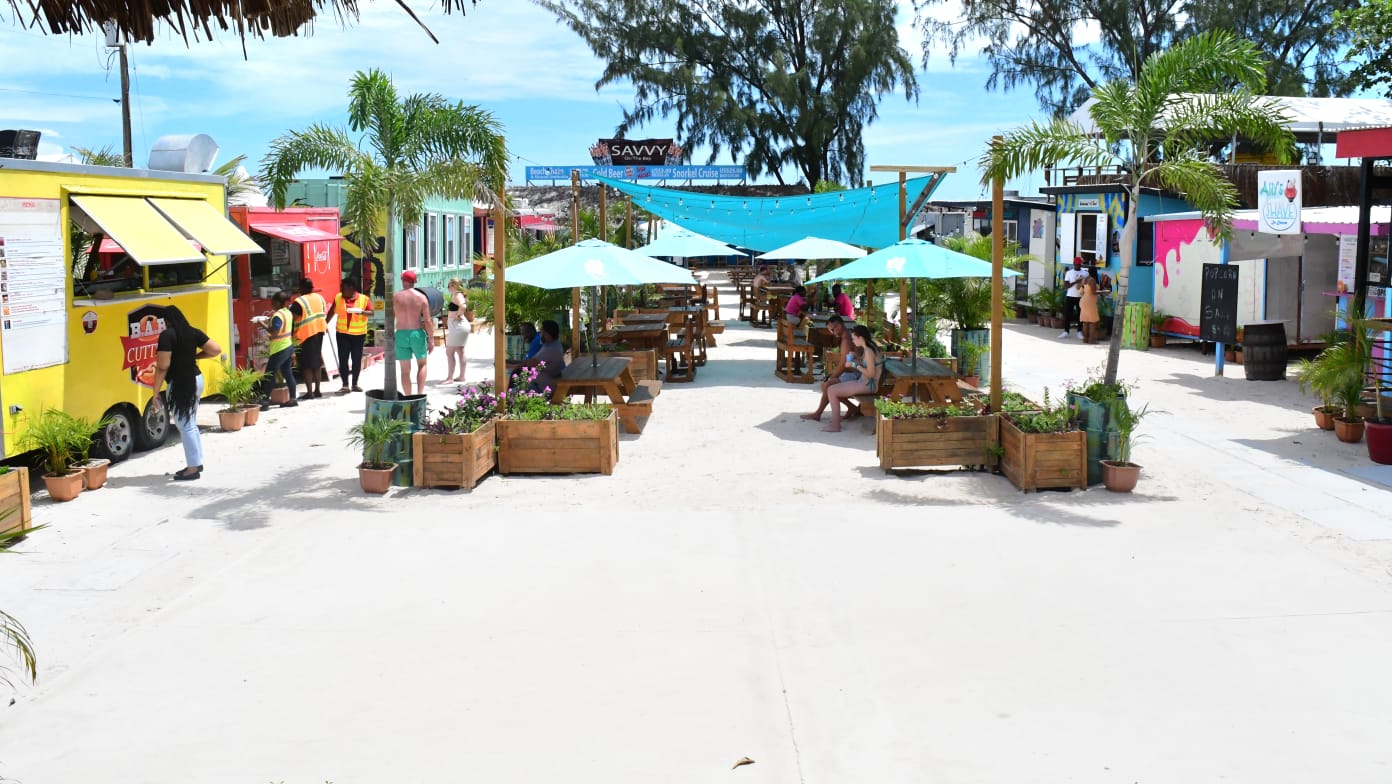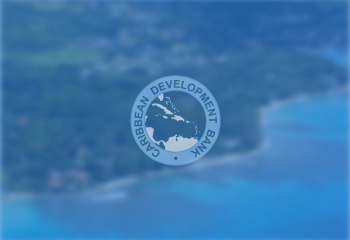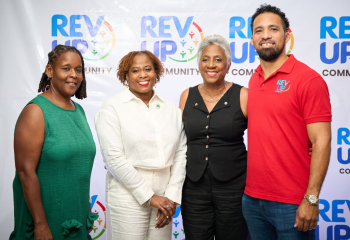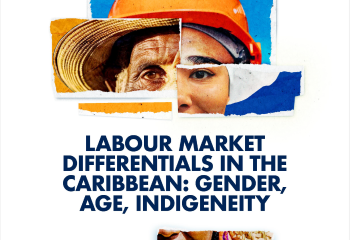CDB Backed Project Preps MSMEs for Global Standard Certification

The development of a series of service quality courses, which sets tourism-based enterprises on a path to eventually achieving a higher-level international certification, is being produced by the Caribbean Tourism Organisation (CTO).
Realisation of this goal has been significantly underwritten by the Caribbean Development Bank (CDB) through its Micro, Small and Medium-sized Enterprises (MSME) Unit and the CDB-funded Caribbean Technological Consultancy Services (CTCS).
CTCS is CDB’s primary mechanism for mobilising knowledge and skills from multiple stakeholders, including regional and national institutions that provide technical assistance or financing to MSMEs to support the development of these enterprises.
Sharon Banfield-Bovell, Director of Resource Mobilisation and Development at the CTO, explains this latest project that has been approved for funding by the Bank, is phase two or an extension of the highly successful Hospitality Assured Caribbean Certification Programme (HA Certification).
CDB’s MSME Unit was also a key support partner of the CTO in delivering the HA Certification programme with USD 223,300 in funding. That accreditation validated that tourism-based MSMEs had reached a certified standard of operation and service delivery.
The HA Certification standard was created by the globally-recognised Institute of Hospitality in the United Kingdom and the CTO is the competent authority to assert the standard in CTO member countries across the region.
In her update on the extended project, Banfield explained that following a pause due to the COVID-19 pandemic, an extension into 2026 was approved by CDB.
She outlined “CDB resources for Stage 2 cover the development of the CTO Business and Professional Excellence and Development Series (BPEDS), What we have done, with the approval of Hospitality Assured, is to take the associated mindset framework and converted it into e-learning courses. Coming out of that will be eight micro courses that can be delivered face-to-face or can be converted to be self-paced programmes accessed on the CTO’s online training platform, the Caribbean Tourism Institute.”
The senior tourism official explained the CDB approved extension of the Hospitality Assured Programme to April 2024, provides the CTO with funding to rebuild the Hospitality Assured Caribbean website and to deliver the specially tailored BPEDS.
According to Banfield-Bovell “We are targeting businesses that need help with service excellence and business excellence standards.”
She assured the courses have been designed to upgrade the service quality delivered across a wide spectrum of enterprises, from the self-owned taxi service provider to accommodation services and attractions.
Moreover, the BPEDS is the ideal platform for elevation to the full Hospitality Assured Certification for businesses.
The CTO Director of Resource Mobilisation and Development pointed out “The folks that we have trained to be advisors to work with those coming into the programme, they invariably have to walk management teams of the businesses through the process. And so, they end up doing training on each of the steps. . . .We, therefore, said let’s take it out of the realm of the Hospitality Assured programme and let’s outline that even though a business may not choose to do Hospitality Assured Certification, they could still work towards having a service quality management framework in place."
Among the key areas covered in the micro series are Understanding Customers and the Market; Organisational Culture; the Goal is Excellence; Strategy and Leadership for Organisational Excellence, among others.
Important also is the cohort of trainers who are being equipped across CTO member states to deliver the courses in any jurisdiction requiring face-to-face contact.
The Caribbean is home to several globally recognised brands such as Hilton, Marriott, and Sandals, that over decades have developed their own quality operating and business standards.
“This programme is what is needed for businesses, some of which may not have a lot of structure to their operations. They don’t have things like business plans or strategies behind the business development. It is not specifically for MSMEs, but we definitely have designed it to be beneficial for that market.”
Banfield-Bovell stressed: “We are trying to get people to move away from kneejerk reactions. We want to discourage enterprises from waiting until something occurs to act. We found that COVID was the kick for businesses to recognise that things can go wrong and go wrong very quickly. We want those operating in our tourism sector to have contingencies whether it is a pandemic crisis, or climate disaster. Whatever it is, you need to have systems in place that allow you to quickly respond as a business, pivot, and then rebuild.”
She also observed "Too many of our businesses did not reopen after the pandemic, simply because they did not have those structures in place. A lot of MSMEs closed their doors permanently because they did not have the systems embedded to help them weather and recover from the impacts of the pandemic. Those are the things we recognised were missing. We are confident MSMEs could be more successful, if they incorporated into their operations a monitoring and benchmarking process.”


